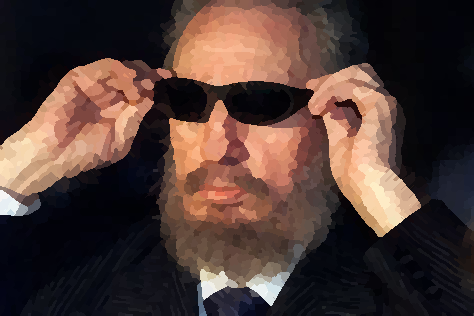

Liberal can be a synonym for bourgeois. But maybe it’s like this:
- all liberal societies, etc, are bourgeois
- not all bourgeois societies/arrangements are liberal
- liberalism is the dominant bourgeois form
- in particular, US (neo)liberalism is the dominant bourgeois form
- people in the US use liberal to refer to ‘left-wing’ bourgeois politics and political parties
- the US has no reason to distinguish liberalism from other political economies or ideologies because bourgeois liberalism is presented as the only option (and bourgeois seem to believe that capitalism is the only option without any question)
- the English-speaking internet is dominated by US platforms, media, and people
- English speakers mostly hear the US usage, meaning the US usage is common
Your English is good, btw. It’s definitely good enough to explain what you mean about liberal/bourgeois. The fact that you have been misunderstood is not because of your English. I think it is because of the exact problem that you have identified—the confusion between liberal/bourgeois.













Would there be much of a difference in the modern world? Liberalism is the successful form of bourgeois society. All those medieval burghers and small producers may have been bourgeois but they weren’t really liberal. Today you only really have the liberal kind of bourgeois, unless we’re splitting hairs about modern fascists.